Located in county Nevada, only 25 miles from the Oregon border lies Thacker Pass, the location of the largest known lithium deposit in the United States. Containing 13.7 Million metric tons of LCE (Lithium carbonate equivalent), extraction of the high-demand metal would make for a highly profitable mining site. Lithium Americas, a Canadian-based mining company, plans to do just that.1
Because of the increasing demand for lithium-containing products like the rechargeable batteries in electric vehicles, exploitation of this lithium source could lead to a substantial gain for the U.S economy. To be more specific, at full capacity the Thacker Pass lithium mine would produce 25% of the 2021 global lithium demand annually.2 Not only would the mine be good for the economy, but it would also lead to the production of more electric vehicles; aiding the transition from fossil fuels to sustainable energy, as detailed in Executive Order 14057 signed by President Biden in December 2021. 3
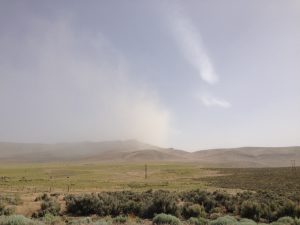
On January 15, 2021, just five days before the inauguration of President Biden, the U.S Bureau of Land Management (BLM) approved Lithium Americas’ plans to dig an open-pit mine on a 1000-acre site.4Thacker Pass is not only known for its abundance of lithium though; it also has a local significance. Its importance to the community led to pushback from several different groups. The area is shared by ranchers who lease government-owned land for grazing animals, and establishing a large-scale open-pit mine could affect the quality of the water and alter the general ecosystem. The quality of the land directly affects the health of their livestock, so a mining operation at this scale could harm their livelihood. It should be noted that Thacker Pass is part of the Black Rock Desert, where the environment can take a long time to heal from such damage. This fact not only worries ranchers, but introduces concerns from environmental groups as well. Although the mine would lead to a large production of lithium and ultimately benefit the movement towards sustainable energy, some activists are skeptical of the potential upside, and are more worried about the local ecological risks involved.5
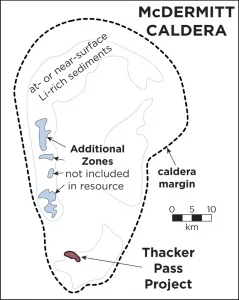
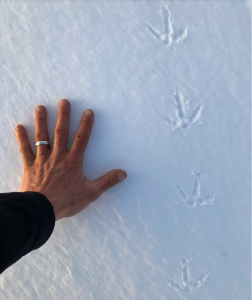
Only two months later in July 2021, federal district court judge Miranda Du denied the motion, writing that the groups did not have the legal standing to file an injunction and halt preliminary work on the mine. However, Thacker Pass is not only important to ranchers and environmentalists. 8 Thacker Pass is considered a sacred area by Native American Tribes, whose ancestors experienced genocide on this land. In 1865, 31 members of the Paiute Tribe were killed by U.S soldiers here, and in an interview with The Guardian, the granddaughter of one of the 3 survivors of the massacre expressed her opposition to the project, stating that “It’s like putting a lithium mine on Arlington Cemetery”. 9 Following the previous denial from the federal court to halt preliminary mine work, two indigenous tribes joined the lawsuit and filed an injunction of their own. The Reno-Sparks Indian Colony and Atsa Koodakuh Wyh Nuwu/People of Red Mountain claimed that the project violated the National Historic Preservation Act, noting the historical significance of this land and the spiritual value that it holds. To their disappointment, Judge Du denied this request to stop the work at Thacker Pass as well, stating that there is insufficient evidence of a massacre on the proposed mining area and that the proposed project is not in violation of the National Historical Preservation Act. Judge Du indicated that in order for it to be a violation, the tribe’s request to stop mine work would have to have reflected that BLM’s decision not to consult The Reno-Sparks Indian Colony and Atsa Koodakuh Wyh Nuwu/People of Red Mountain before approving the mine was done in bad faith. She also stated that there is no anticipation of the project revealing any buried sites, and that there are protocols in place in the event that would happen. A few weeks after her response, the tribes presented additional evidence of the massacre, including eyewitness accounts and written records of the tragic event. Again, Judge Du denied this request.10
As these events continue to develop, Native American protesters are gathering outside the courthouse, where they are still fighting to delay the project and preserve their history. Protesters and tribal leaders are arguing that BLM did not properly consult them before approving the project, and that Native Americans were not given a sufficient opportunity to respond to BLM’s approval. If their claims are granted, the BLM will be judged to have violated the National Environmental Policy Act. The U.S District Court of Nevada is now trying to determine if the Trump Administration rushed the initial approval of the mine. Additionally, the Native American resistance to the mine has shed a new light on the historical violence they suffered, and the role of the United States government.11
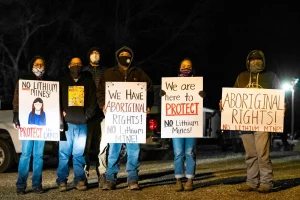
In a publicly released document, Lithium Americas presents that it has addressed the Thacker Pass Mine conflicts with indigenous land. In their community fact sheet, Lithium Americas states “We began early engagement with the Fort McDermitt Paiute and Shoshone Tribe (the “Tribe”), who are located about 20 miles away. We have formed long-term relationships with Tribal members and have encouraged members to consider future employment at Thacker Pass. We have supported consultation with the Tribe to better understand the importance of the culture and history of the Tribe, including the documentation of cultural resources in and around Thacker Pass”. They also note the community investment that the Thacker Pass Mine will be for the people who live there. They claim that for every dollar spent on Thacker Pass, an additional 50 cents will be spent elsewhere in the communities.12
With no additional lawsuits moving through the court system, the mine work may begin as early as spring 2022, weather permitting. Not all hope is lost for those opposed to the mine, however. The U.S Department of the Interior, responsible for reviewing BLM’s approval of the mine, stated that it is still reviewing new evidence about the potential massacre that occurred on the site, under the “post-discovery rules.”13 Only time will tell how effective continued resistance to the mine will be, and if instead, Lithium Americas has started a new “Gold Rush” of lithium in Nevada.
- Lithium Americas, Thacker Pass, (Lithium Americas, 2022), https://www.lithiumamericas.com/usa/thacker-pass/. ↵
- U.S. Geological Survey, Mineral Commodity Summaries 2022 – Lithium, (January 2022), https://pubs.usgs.gov/periodicals/mcs2022/mcs2022-lithium.pdf. ↵
- United States White House, FACT SHEET: President Biden Signs Executive Order Catalyzing Americas Clean Energy Economy Through Federal Sustainability, (Whitehouse.gov, 2021), https://www.whitehouse.gov/briefing-room/statements-releases/2021/12/08/fact-sheet-president-biden-signs-executive-order-catalyzing-americas-clean-energy-economy-through-federal-sustainability/. ↵
- Lithium Americas, Thacker Pass, (Lithium Americas, 2022.), https://www.lithiumamericas.com/usa/thacker-pass/. ↵
- Daniel Rothberg, Thacker Pass mine project remains in court battle amid rift in opposition, (The Nevada Independent, 2022), https://thenevadaindependent.com/article/thacker-pass-mine-project-case-remains-in-court-battle-amid-rift-in-opposition. ↵
- Geology, Lithium Americas (2022.) ↵
- Max Wilbert, Dispatches from Thacker Pass-The Wildlife of Thacker Pass, (SierraNevadaAlly.org, 2021.), https://sierranevadaally.org/2021/06/24/dispatches-from-thacker-pass-the-wildlife-of-thacker-pass/. ↵
- Daniel Rothberg, Judge denies request to stop Thacker Pass work as court weighs Fort McDermitt tribal members, Reno-Sparks Indian Colony requests to intervene, seek injunction, (The Nevada Independent, 2022), https://thenevadaindependent.com/article/judge-denies-request-to-stop-thacker-pass-work-as-court-weighs-fort-mcdermitt-tribal-members-reno-sparks-indian-colony-requests-to-intervene-seek-injunction. ↵
- The Guardian, ‘like putting a lithium mine on Arlington cemetery’: the fight the save sacred land in Nevada, (The Guardian, 2021). ↵
- Jeniffer Solis, Judge says no evidence of massacre at proposed mine site, tribes say otherwise (Nevada current, 2021), https://www.nevadacurrent.com/2021/11/16/judge-says-no-evidence-of-massacre-at-proposed-mine-site-tribes-say-otherwise/. ↵
- Daniel Rothberg, Judge denies request to stop Thacker Pass work as court weighs Fort McDermitt tribal members, Reno-Sparks Indian Colony requests to intervene, seek injunction, (The Nevada Independent, 2022), https://thenevadaindependent.com/article/judge-denies-request-to-stop-thacker-pass-work-as-court-weighs-fort-mcdermitt-tribal-members-reno-sparks-indian-colony-requests-to-intervene-seek-injunction. ↵
- Lithium Americas, Community Engagement at Thacker Pass, (Lithium Americas, 2021), https://www.lithiumamericas.com/_resources/thacker-pass/Community-Engagement-at-Thacker-Pass-June2021.pdf?v=0.989. ↵
- Jeniffer Solis, Federal judge rejects NV tribe’s attempt to join lithium mine suit (Nevada Current, 2022.), https://www.nevadacurrent.com/2022/03/15/federal-judg-rejects-nv-tribes-attempt-to-join-lithium-mine-suit/. ↵
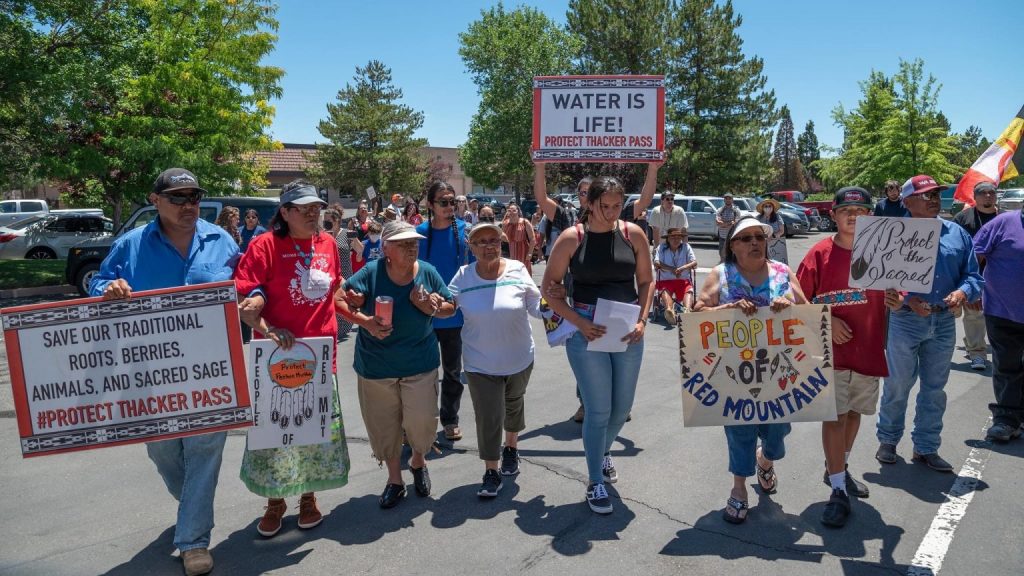
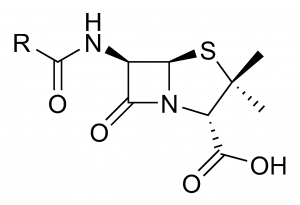

1 comment
Alia Hernandez Daraiseh
This article was very interesting to read about, as I was not informed by any of this until I read this article. It’s astonishing to see the two different points of view; one being the need for the mining site and the boost in the economy from it, and the importance to the land for Native Americans for their culture. It is satisfying to see the end result, as both sides negotiated with each other, and no other issues came about.